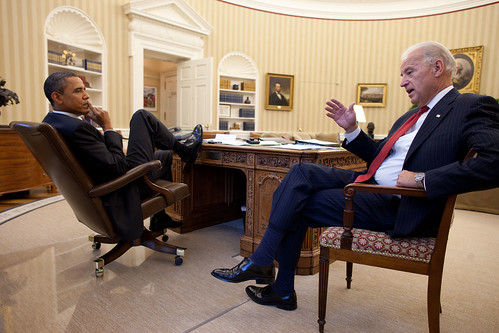The west African regional grouping, Economic Community of West African States (ECOWAS), through its Chairperson, Nigerian President Goodluck Jonathan, has already issued its 'final warning' to Mr. Gbagbo to leave or face military action. In a rejoinder, Gbagbo's minders pointed out the fact that many West Africans live and work in Ivory Coast's rich cocoa industry, and therefore, in essence, they would be attacking their own citizens.
For me, this points to a deeper fundamental question of the failure of African diplomacy. Within the past hour of my writing this post, the African Union has announced that it has now appointed Kenya's Prime Minister, Mr. Odinga to 'lead the the monitoring of the situation in Ivory Coast and bolster the efforts being undertaken'.
 |
| Kenya's Prime Minister, Mr. Odinga |
Were the circumstances different, this news would have made me very proud to be a Kenyan citizen. Sadly, Mr. Odinga has already called for the forceful removal of Mr. Gbagbo. This means that the AU may actually be preparing to commence military action.
 |
| the stand-off in Ivory Coast |
Three years ago this time, the elections in Kenya had gone sour, with both Mr.Odinga and Mr. Kibaki claiming victory, eventually leading to Kenya's worst post-election violence in history. That Mr. Odinga would now be called upon to lead the AU's efforts in Ivory Coast, to me leaves a lot to be desired of the AU's diplomatic strategy.
Let us hope that the AU gets its act together, to help bring the crisis to an end in a peaceful manner....that the Ivorian will finally be able to truly say and have a Happy New Year-2011.















